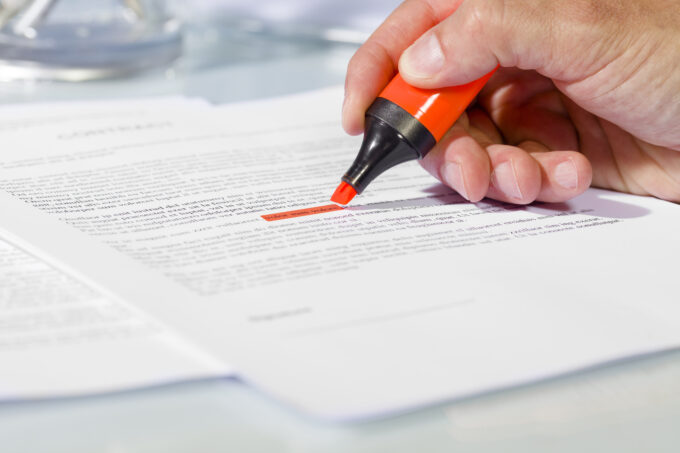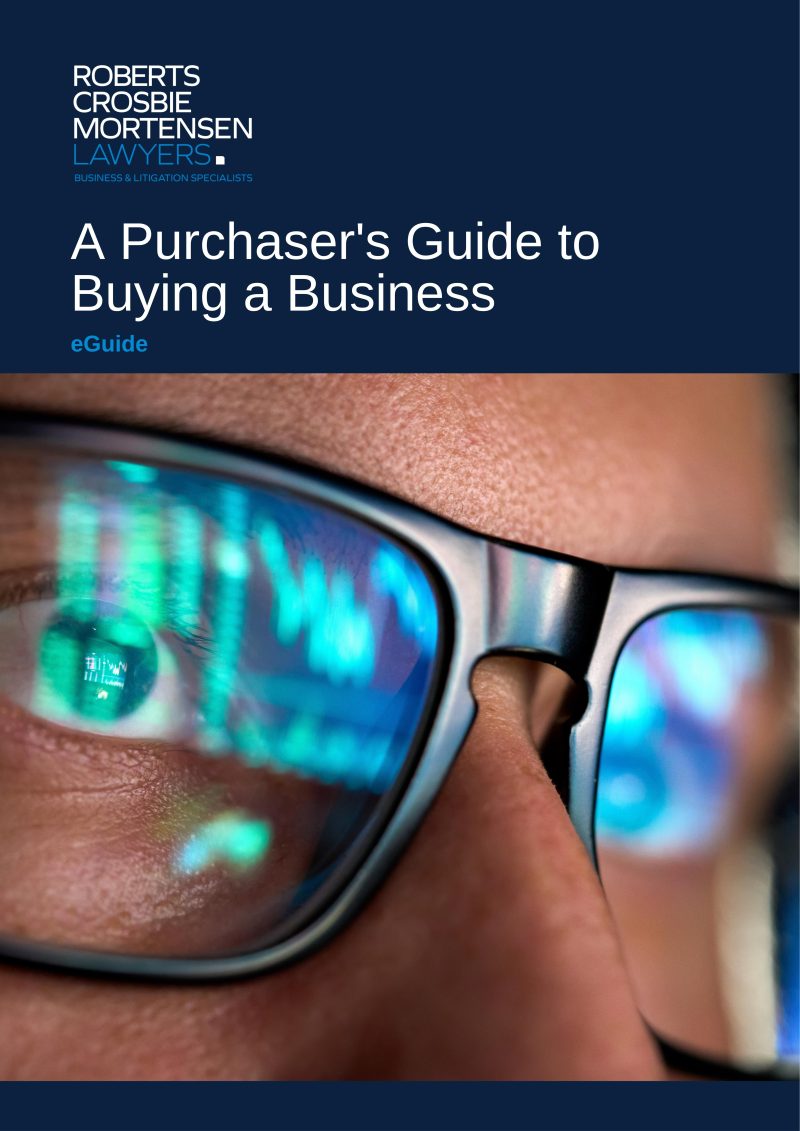When starting a business, a business name should be carefully considered and researched before you start trading and undertake business activities.
Not completing this due diligence can result in costly litigation and /or rebranding of the business.
Follow our easy steps to ensure your business name does not infringe or potentially infringe on an existing business.
Step 1 – Understanding Differences in Names
To begin with you must understand the differences in the types of names out there in the business world.
Legal names, business names, company names and domain names often may refer to the same entity and appear to be similar, however, each category of name has a different meaning and requires different consideration. Throw into the mix Trade Marks, and you have a number of factors to consider when naming your business.
Legal names
If an individual operates their business under their own name, first name and surname, (most often referred to as a sole trader), there is no need to register a business name in Australia.
You should, however, conduct a search to make sure no other sole traders are out there in the world selling similar products or services as yours, under the same name. For when it comes to names (be it a legal name, trade name or company name) you cannot have a name that is likely to mislead or deceive your customers.
Business names
Often referred to as a trading name, a business name helps identify your business for customers and competitors alike. If you carry on business within Australia, you need to register a business name with the Australian Securities and Investments Commission (ASIC) and you cannot have a business name that is likely to mislead or deceive.
Company names
Companies can only use a company name that is not identical to an existing company or business name. They can be similar, but not identical and cannot be misleading or deceptive.
All company names in Australia are registered with ASIC.
Domain names
Domain names are issued by private internet companies. The purpose of a domain name is to secure the web URL only. There is nothing stopping a person or company from purchasing any available domain name “and parking it” to either protect their business name or with hopes that someone will want it in the future and need to buy it from them.
Where do Trade Marks come in?





























